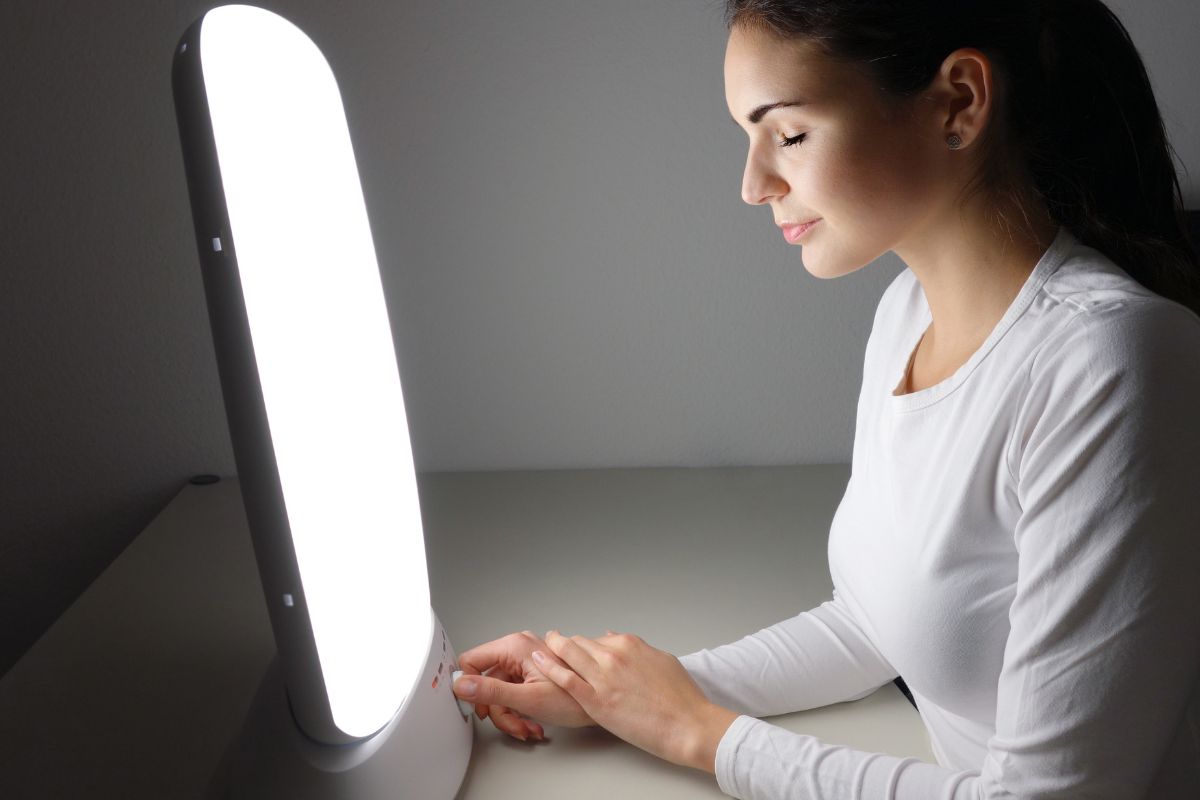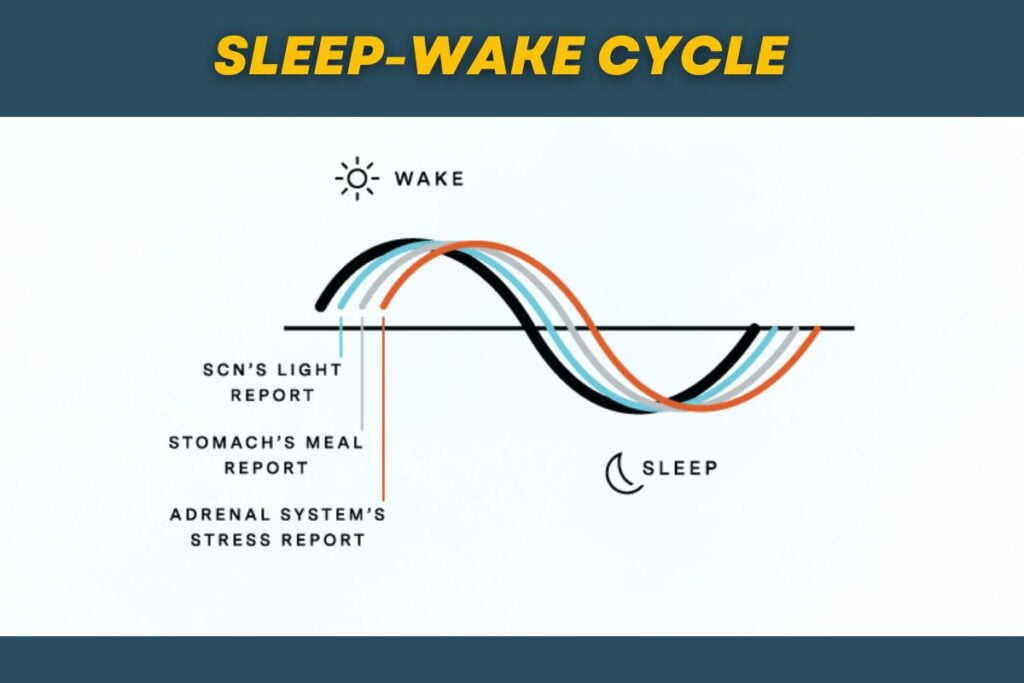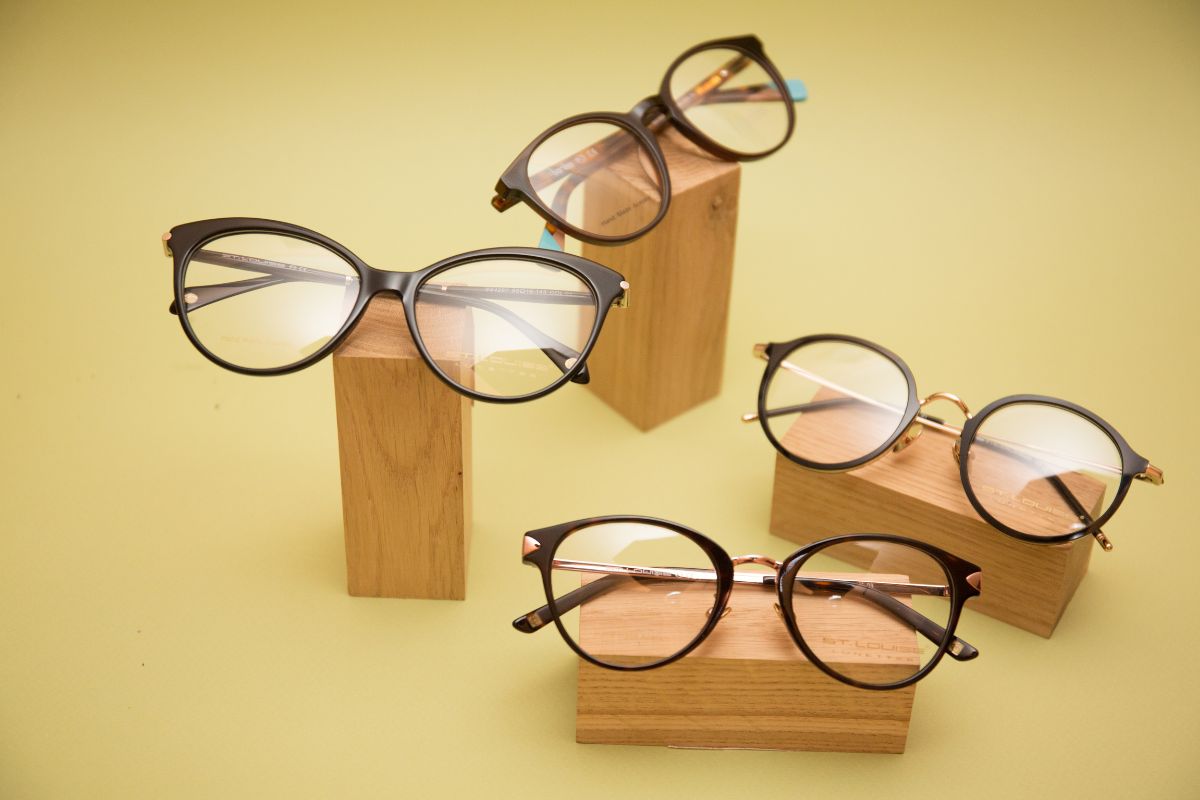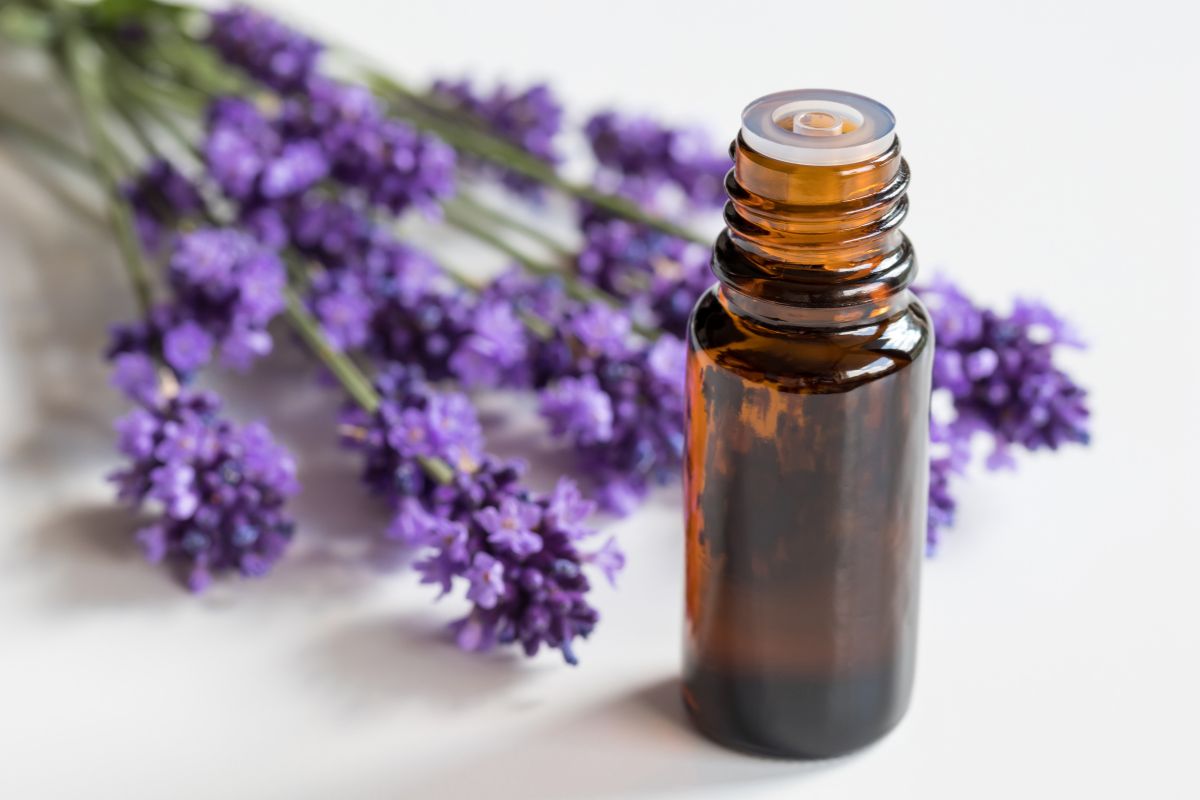Summary: When traveling across time zones, jet lag disturbs your body’s internal schedule, leading to symptoms including fatigue and insomnia. Meal timing adjustments and light therapy are strategies that can help to reduce its effects.
How to Avoid Jet Lag When Traveling To Europe:
What is Jet Lag?
Traveling across numerous time zones may result in an irregularity to your body’s internal clock, or circadian rhythm, which is known as jet lag. Your sleep-wake cycle has been disturbed, which leaves you feeling drowsy, upset, and exhausted.
- Cause: Your body’s natural cycle of hormones, sleepiness, and alertness regulated by light exposure is upset when you travel rapidly across time zones.
- Symptoms: Fatigue, daytime sleepiness, trouble sleeping at night, headaches, digestive issues, mood swings, and difficulty concentrating.
- Severity: Factors include the number of time zones traveled through and the direction of travel (typically, eastward travel is more difficult).
- Recovery Time: It usually takes 1-3 days to adjust for each time zone crossed.
While jet lag is unpleasant, it’s temporary. By following smart strategies before, during, and after your flight, you can minimize its effects and fully enjoy your European adventure.
Pre-Trip Strategies:
Light Therapy:
Light therapy is an effective source of treating jet lag, due to its ability to control the circadian rhythm, your body’s natural clock.
Here’s the science behind it:
- Specialized cells in your eyes detect light and send signals to the brain’s Suprachiasmatic Nucleus (SCN), the master control center for your sleep-wake cycle.

- When exposed to bright light at specific times, your body understands it’s daytime and time to be awake, and when it’s dark, your body knows it’s nighttime and time to sleep, your SCN receives this information.
- This cycle of light and dark is disturbed when you travel across time zones, which confuses your SCN and produces jet lag symptoms.
Improving Travel with Light Therapy:
- By strategically using bright light therapy lamps will allow you to “reset” your SCN to the new time zone. Use the lamp in the morning to advance your internal clock for eastward travel (gaining time). On the other hand, utilize the lamp in the evening to postpone your sleep cycle if you are traveling westward (losing time).
- Light therapy lamps emit a specific intensity (usually between 2,500 and 10,000 lux) that effectively resets your circadian rhythm.
- The recommended duration of light therapy sessions varies depending on the travel direction and individual needs, typically ranging from 20-60 minutes.
Tips: While generally safe, consult your doctor before using light therapy, especially if you have any eye conditions. When possible, prioritize getting natural sunlight exposure during your trip, following the light therapy principles.

Food Timing:
A new strategy in the fight against jet lag is food timing. Here’s how adjusting to a new time zone through food timing can help:
- There are other internal clocks in our bodies besides the one that is triggered by exposure to light. A “mealtime clock” that is impacted by when we eat.
- According to some research, a brief fast (about 16 hours) before your flight and eating when you arrive in the new time zone can help you adjust your body clock to the new schedule.
- When traveling east, think about having a bigger breakfast and dinner when you get there to adapt to the new daylight hours. However, it could be beneficial to have a later, lighter breakfast and an earlier dinner when traveling west.
Stay Hydrated:
One hidden factor that causes jet lag symptoms is dehydration. Following are the reasons why drinking plenty of water is essential for preventing jet lag:
- The low humidity in airplane cabins causes your body to lose moisture. When combined with jet lag, dehydration may increase symptoms such as headaches & fatigue which are common signs of jet lag.
- Adequate water guarantees your body functions efficiently. Dehydration disturbs the quality of your sleep, making it more difficult to adapt to the new time zone.
- Hydration minimizes the symptoms of jet lag by promoting better circulation, helping in the regulation of body temperature, and keeping your brain sharp.
- During the days before your departure and the entire journey, increase your typical water consumption. Try to drink 8–10 glasses of water each day.
- Avoid alcohol and sugar-filled beverages as they dehydrate you. Carry an empty water bottle with you so you may fill it up after security and make regular requests for water while flying.
- If you regularly drink water, especially on long flights, think about incorporating electrolyte-rich drinks or tablets. Electrolytes help in fluid absorption and preservation, which helps your body to treat dehydration.
Tip: Avoid salty and processed foods, which can increase dehydration. Utilize water-rich fruits and vegetables during your travels.

During Flight Tips:
You can take preventive measures to avoid jet lag throughout your flight:
- Due to low humidity in airplane cabins, you should drink more water than your normal intake. Try to have a glass of water once or twice an hour.
- If you are flying east, turn down the lights on the aircraft a few hours before the time you would like to fall asleep. On the other hand, try to get some exposure to natural light while flying if you’re traveling west. This supports the normal sleep-wake cycle of your body.
- To create a sleep-friendly environment, dress comfortably and bring earplugs and an eye mask. To relax before sleep, try some deep breathing exercises or meditation.
- Longer durations of sitting might cause fatigue and stiffness. Throughout the flight, gently extend your wrists, ankles, and legs to enhance circulation and reduce in-flight discomfort.
- To increase circulation and lessen edema (puffiness) during travel, wear compression socks, leaving you feeling more refreshed upon arrival.
Bonus Tip: If you struggle to sleep on flights, consider natural sleep aids like melatonin (consult your doctor first).

After European Arrival Tips:
Blue Light Blockers:
Blue light blockers can be a helpful tool in your fight against jet lag, but they work best when used advantageously. Download a blue light filter app on your devices and wear blue light-blocking glasses in the evenings. Here’s how they can help in adjusting to a new time zone:
- The spectrum of visible light includes blue light, which has a shorter wavelength and more energy than red or orange light.
- Blue light exposure, especially in the evening, reduces the production of Melatonin, a hormone that is essential for controlling sleep. This disturbs your regular sleep-wake cycle.
- Due to the above reasons, Blue Light Blockers can help to avoid jet lag. Blue light-blocking glasses have special lenses that filter out a portion of blue light, especially in the evening hours.
- By reducing blue light exposure in the evenings, these glasses can help regulate melatonin production, promoting sleepiness and making it easier to fall asleep at bedtime in the new time zone.

Proper Use:
- Don’t wear blue light blockers all day. Use them during evening hours (around 2-3 hours before bedtime) after landing at your destination. This helps signal to your body that it’s nighttime and time to sleep.
- Blue light blockers are most effective in situations with artificial lighting. During the day, prioritize natural light exposure to further regulate your circadian rhythm.
Aromatherapy:
Aromatherapy can be a helpful and calming tip to avoid some common jet lag symptoms, particularly those related to difficulty sleeping and relaxation.
- Olfactory Connection: Our sense of smell is directly linked to the limbic system, the part of the brain that regulates emotions and sleep patterns. Certain essential oils can trigger calming or stimulating responses in the body.
Avoid Jet Lag with Scents:
- Certain essential oils, like lavender, chamomile, and bergamot, have relaxing properties. Using them (diluted in a carrier oil) before bed can promote relaxation and ease into sleep, beneficial for those struggling to adjust to a new sleep schedule due to jet lag.
- For those experiencing daytime fatigue, consider essential oils like peppermint, rosemary, and lemon. These oils have refreshing properties that can help improve alertness and concentration.
How to Use Aromatherapy for Jet Lag:
- Portable diffusers/sprayers are great for travel and allow you to disperse essential oils into the air for inhalation.
- Apply pre-diluted essential oils to pulse points like wrists or temples for a relaxing and soothing effect.
- Add a few drops of relaxing essential oils like lavender or chamomile to your bathwater for a luxurious and sleep-promoting bath.

Tips for Aromatherapy:
- Invest in high-quality, therapeutic-grade essential oils from reliable brands.
- Essential oils are concentrated and can irritate the skin. Always dilute them in other oils like almond oil or jojoba oil before application.
- Scents are different for everyone as there are individual preferences. Try different oils to realize which ones you like the most.
- If you have any medical conditions or are pregnant, consult your doctor before using essential oils.
Frequently Asked Questions:
What is jet lag and how does it affect me?
Jet lag is a temporary disruption to your body’s internal clock caused by traveling across multiple time zones. It can lead to fatigue, sleep problems, headaches, and difficulty concentrating.
What can I do before my trip to minimize jet lag?
Gradually adjust your sleep schedule a few days before departure to align with the European time zone. Stay hydrated, choose flights arriving in the late evening, and consider using light therapy to regulate your body clock.
Should I take melatonin for jet lag?
Melatonin can be helpful but consult your doctor first. Focus on creating a sleep-conducive environment and maintaining a consistent sleep schedule for best results.
What should I do to adjust to the new time zone faster?
Get sunlight exposure as soon as possible upon landing. Avoid napping during the day, especially long naps. Adjust your meals to the local time zone, even if you don’t feel hungry at first. Light exercise can help to combat fatigue.
How can I avoid jet lag on the plane?
Stay hydrated by drinking water and herbal teas. Avoid alcohol and caffeine. Adjust the cabin lighting to match your desired sleep time (dim lights for eastward travel, some light exposure for westward travel). Mimic a bedtime routine with comfortable clothing, an eye mask, and earplugs.






